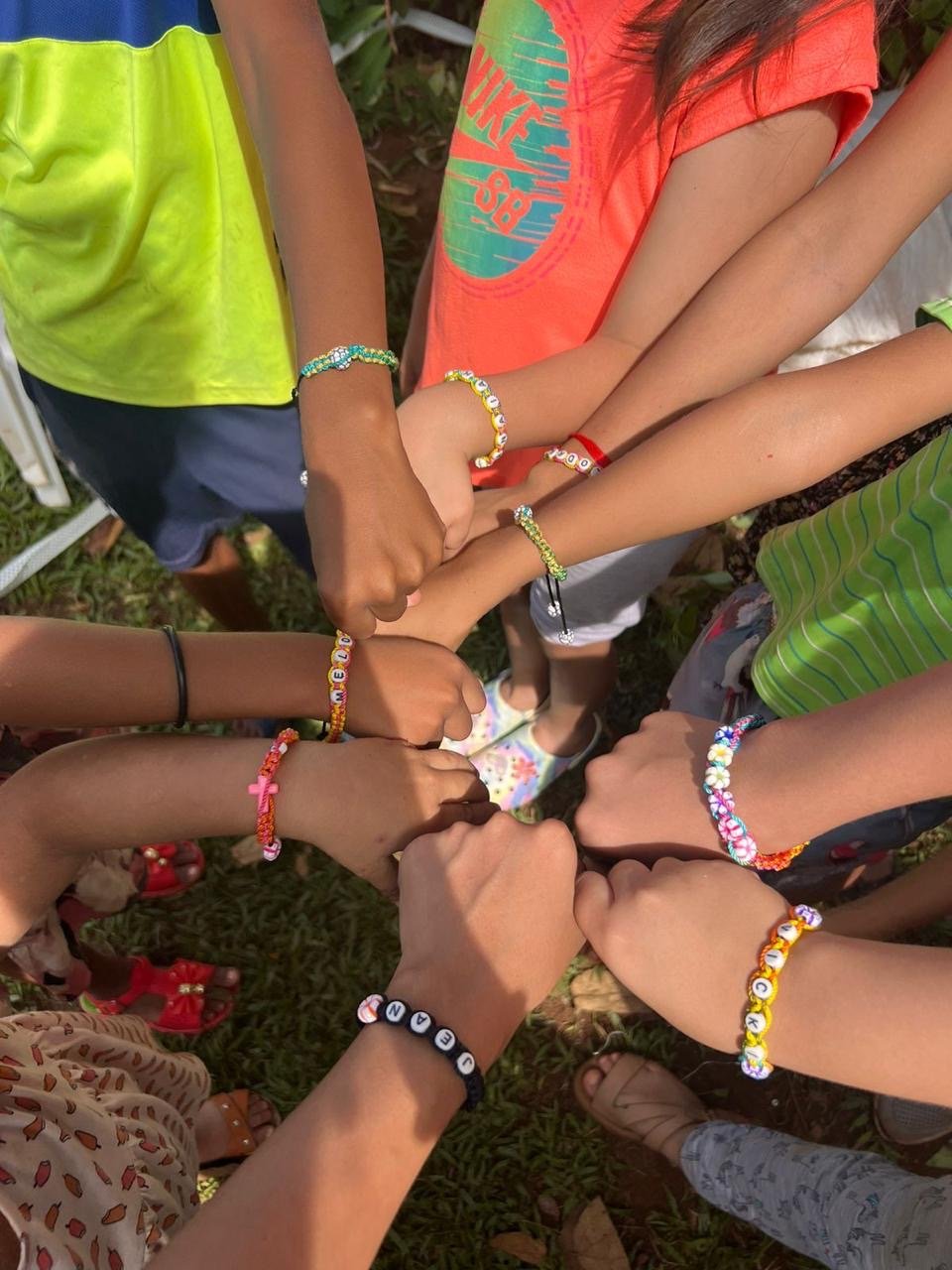The Benefit of the Doubt
/People are almost always the problem. People don’t do what they said they would. People complain. People disappoint. People hurt us. The list goes on and on.
So, why do we keep hanging around people? Wouldn’t life be simpler if we just shut the doors and keep everyone out?
I’m afraid not. Do you know why? Because WE are people. It’s not just “them;” it’s us. We don’t do what we said we would. We disappoint. We hurt others.
If we close the doors and shut everyone else out, we still have the problem. It’s true that people are almost always the problem. But WE are people. WE are the problem.
This is compounded in any organization, especially in the church. After all, the church is made up of people. Broken people. Redeemed, yes, but still very broken. People just like us. We are all a mess!
I’m seen this play out recently at ECF. Our tiny church is experiencing growing pains. Growth is good but it also means we bump elbows more frequently. In the past few weeks, we’ve had people misunderstand each other. We’ve had people jump to conclusions. We’ve had tempers flare. It’s not been pretty. And I have often been the worst offender.
For the past three decades, I’ve made it a point to tell the churches I’ve served that if we don’t love well, then we’ve missed it. Jesus made this crystal clear. “By this everyone will know that you are my disciples, if you love one another.” (John 13:35)
Love is the ultimate litmus test for Jesus followers. Not doctrine (although doctrine is important). Not strategy (although strategy is important). Not staffing and budget (although both of those are also important). Love is what matters most.
So, the question is this: how do we love one another well when we are redeemed but still fumbling broken people? How do we love each other well when we are such a hopping mess? I’ve thought about this often down through the years.
This is one key I’ve discovered that’s vital: Give people the benefit of the doubt.
In the Apostle Paul’s eloquent description of love in 1 Corinthians 13, he slips in this tiny but very poignant phrase: Love “always trusts.” In the older translation it says love “believes all things.”
These phrases capture one of the keys to loving well when we’re such a messed-up bunch of redeemed Jesus-followers.
When people don’t do what they said they would, give them the benefit of the doubt. Don’t immediately think the worst. Maybe they forgot. Maybe something more pressing came up. “Always trust.” “Believe all things.”
When people complain, give them the benefit of the doubt. Don’t immediately think the worst. Maybe they had a fight with their spouse. “Always trust.” “Believe all things.”
When people disappoint and hurt us, give them the benefit of the doubt. Don’t immediately think the worst. There is always more to the story. “Always trust.” “Believe all things.”
When I do this, I have less stomach acid. I give more grace. And I love better.
When I don’t do this, I get frustrated. I think the worst. And I don’t love well.
I chose to follow Jesus 49 years ago. But I have to make the choice every day to continue to follow him. This shows up in many ways. Especially in the way I love people. I’m guessing it’s the same for you. Let’s give the benefit of the doubt. At home. At work. At church. Always.
















